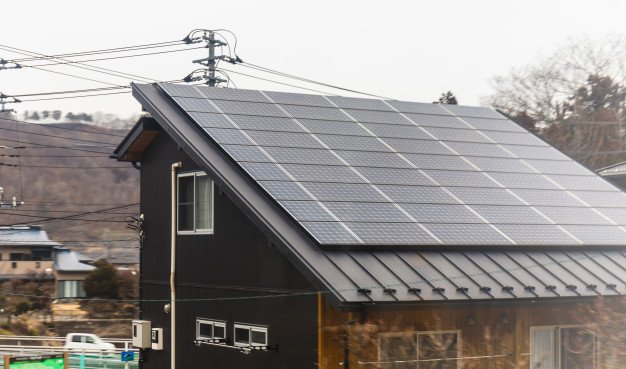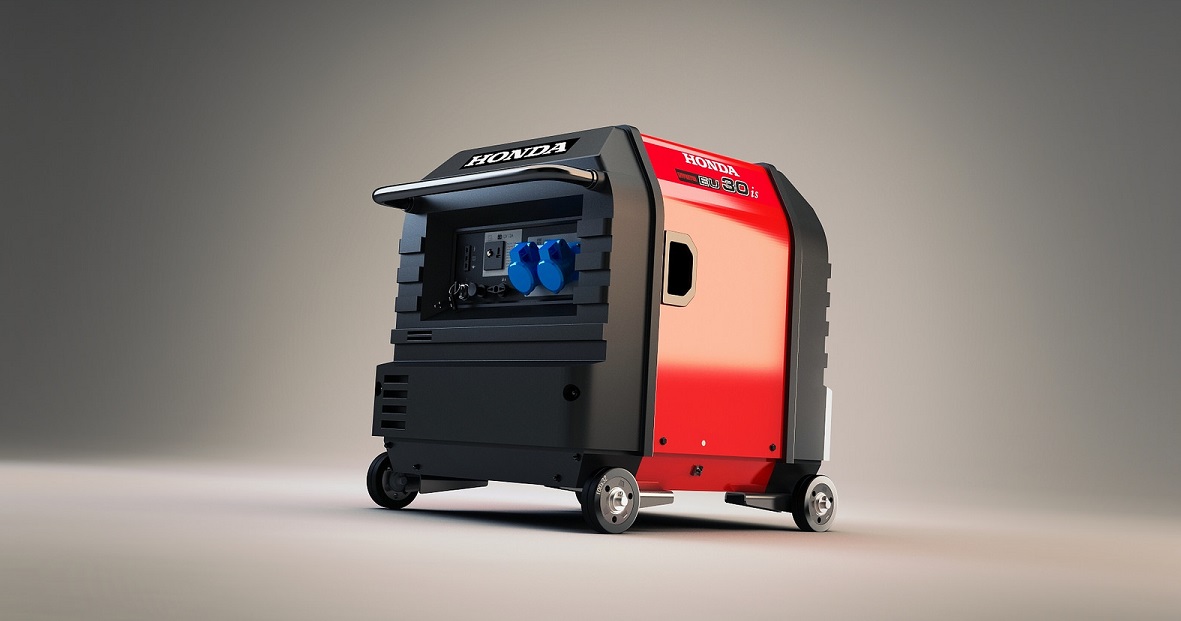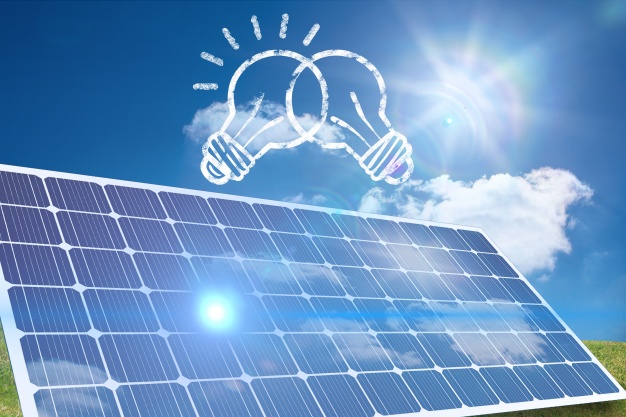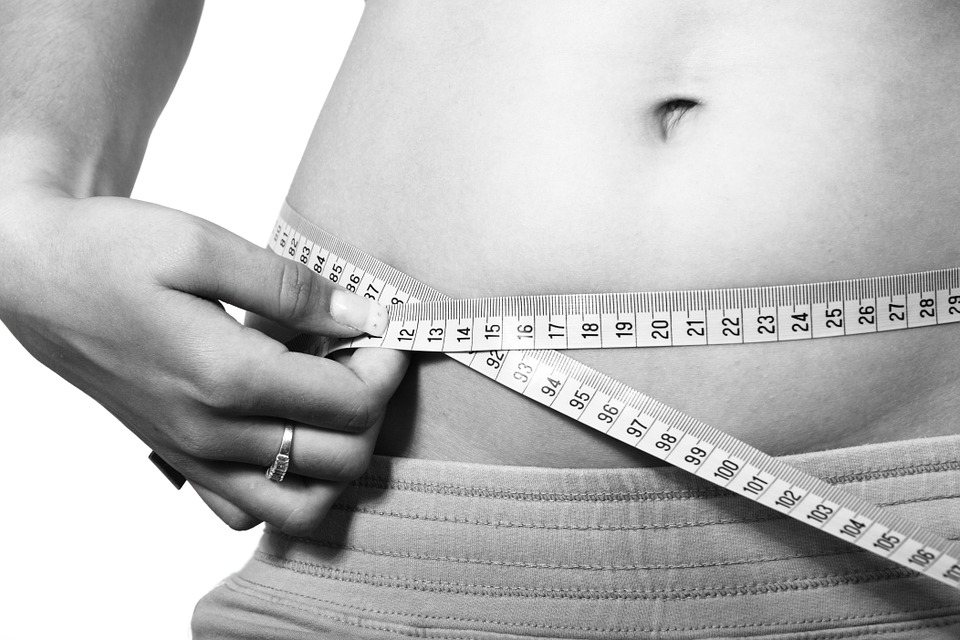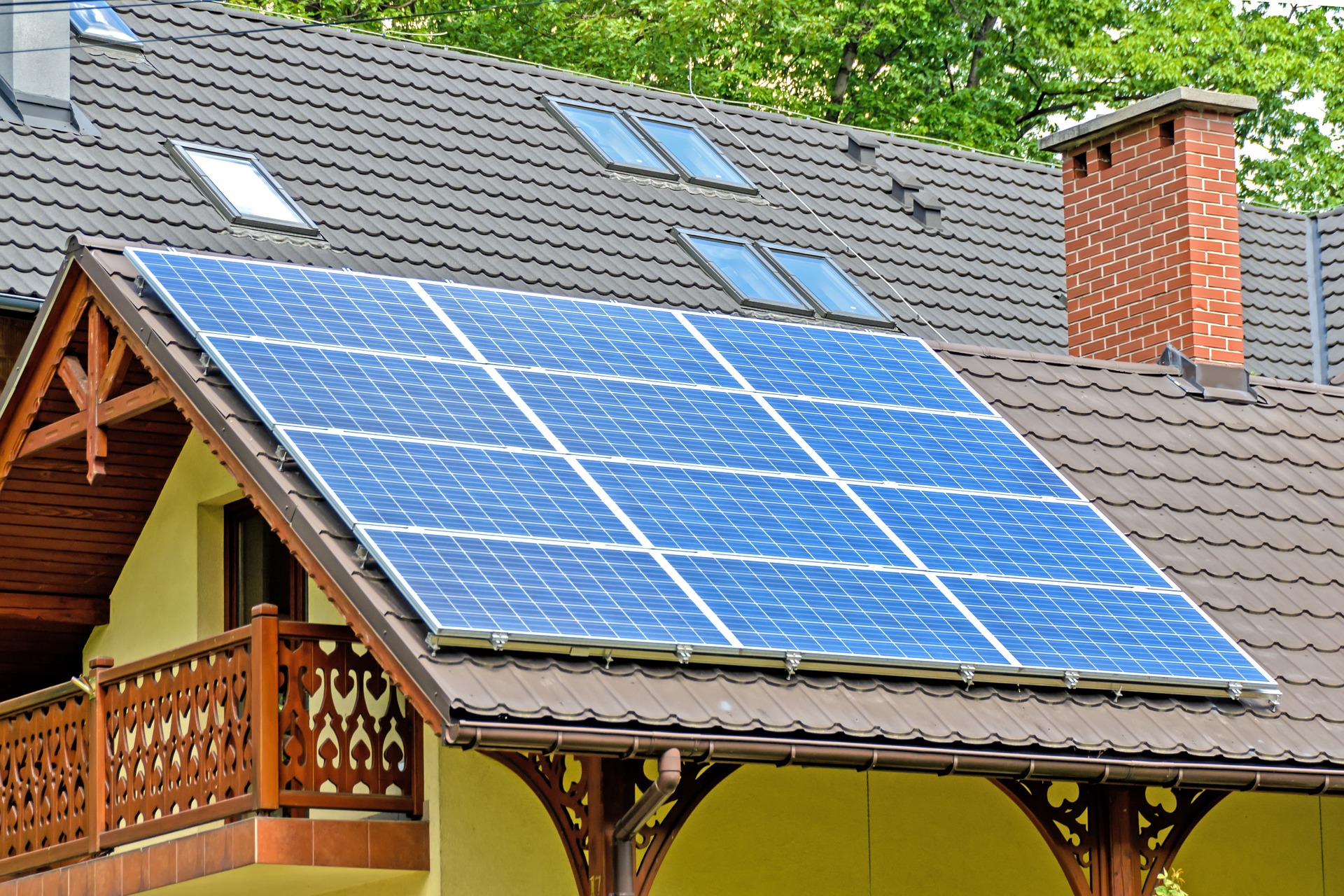Solar panel has become increasingly popular in the past few years. This is partly driven by how environmentally friendly it is, although many people have noted how economical it can be too. Despite being a smart decision for lowering energy bills, potential users can be put off by its installation costs.
This shouldn’t be an issue, as installing solar panels at home can be much easier than people might expect. As long as you have some DIY electrical knowledge, then you should be able to install the panels yourself.
As Gem Energy Brisbane Solar Power notes, there are a number of steps that you’ll need to take when installing a solar panel at home.
Steps To Take To Set Up Solar Panels At Home
1. Calculate Your Electrical Load:
Before you decide on anything, you should calculate your current electrical usage. Once you’ve done so, you’ll then be able to determine which solar panels and other parts you’ll need. This is relatively simple to do, and often only requires a bit of math, plus an energy reading from your meter.
2. Battery Selection:
Which battery you choose can be vital for your solar power. Naturally, the panels only generate electricity during the day, so you’ll need to store some for the night. To do so, you should choose a high-quality one that provides a consistent amount of electricity over time. This will make it reliable when you’re running several appliances during the evening.
3. Select Your Solar Panels:
There are a considerable number of solar panels to choose from, which can be overwhelming. When you’re deciding on one, you should look at its energy rating. This is typically determined based on set conditions, with some being more appropriate for certain weather. As a result, you should research how well a model will perform in your area.
4. Know Where To Place It:
When you’re considering a solar panel, you should determine where the best place on your property to put it is. There can be a few factors at play here, with access to sunlight being the most notable. The obvious place to install the panel is your roof, although you’ll need to decide where to place it here.
5. Choose A Charge Controller:
This is a device that’s placed between your battery and solar panel and regulates the flow of electricity between the two. Choosing the right one can make a large difference, as it dictates how effectively your battery will charge. This means that you should spend a considerable amount of time picking one.
6. Pick The Right Inverter:
Solar panels typically turn sunlight into alternating current (AC). However, most appliances function on direct current (DC). As such, you’ll need to purchase an inverter, which switches from one to the other. There are a few types of inverters to choose from, each with its benefits. As such, you should spend time researching each.
7. Mount The Solar Panel:
Once you have the equipment, it’s now time to mount the solar panel. You can either create your own mounting mechanism or purchase a premade one. If you’re not overly familiar with the process, then it’s recommended that you buy a kit. When creating your own, be aware of the angle that you’re mounting it at, as this will affect how much sunlight it receives.
8. Inverter & Battery Stand:
Similar to the solar panel itself, you may need to build a stand to hold your battery and inverter. However, this isn’t a complicated task, as you’ll be able to make do with a box that includes a hole for the wiring. Once everything has been wired, it’s important to note that you should cover this hole as much as possible to keep everything from being damaged. You should also ensure that it’s kept away from running water.
9. Start Wiring:
The wiring may be the most overwhelming part of the process, although it can be more straightforward than you think. Put simply, the connection should go from the solar panel to your charge converter to your load, i.e., your appliances. Alongside this, the charge controller should be connected to your battery, which should also be connected to your load.
10. Start Enjoying Your Solar Panel:
Once you’ve connected everything in the appropriate manner, you can start enjoying your solar power. While setting everything up, you should ensure that you’ve done so in the right way. The wiring is the most important area here, so you should take care of it.
Read Also:













